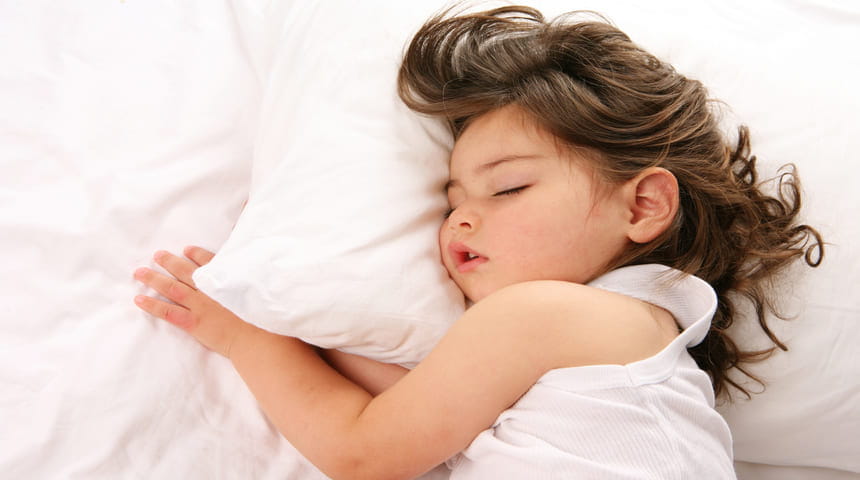If your child seems to cry more than usual, even over seemingly minor issues, they may be wired genetically to be extra sensitive. Highly sensitive children are more responsive to their environment, intensely perceptive and can get overwhelmed easily. Parenting your highly sensitive child is different than parenting other children, and it begins with seeing this sensitivity as a gift.
Defining Highly Sensitive
About 20 percent of kids are highly sensitive, according to research psychologist Elaine Aron, whose book The Highly Sensitive Person popularized the term. Highly sensitive children are born with a nervous system that is more aware and quick to react to everything. This sensory processing sensitivity causes them to be more sensitive than other kids.
Do You Have a Sensitive Child?
If your child is highly sensitive, you likely will begin to see signs when they are 3 to 4 years old. By ages 6 to 7, your child’s sensitivity may subside a bit when they realize other kids do not want to play with them if they are in tears.
If your child shows any of these traits, they may be highly sensitive:
- Easily startles
- Doesn’t like surprises
- Complains about clothing rubbing or irritating their skin
- Sensitive to unusual odors
- Asks a lot of questions
- Doesn’t do well with big changes
- Performs best when strangers aren't present
Understanding Your Child’s Temperament
When you fully understand your sensitive child’s temperament, you will be amazed at what they can accomplish. Highly sensitive kids make great friends. That’s because they pick up on the nonverbal cues and unspoken needs of others and are able to feel deep empathy. Because they are extra observant, highly sensitive children notice changes in their environment and in the individuals around them. They are curious about others and their surroundings, which means your child likely has varied interests, enjoys learning and can be a fantastic conversationalist. Highly sensitive kids tend to love creative activities such as art, music, dancing, video editing, design and fashion.
These same traits can also present challenges for your highly sensitive child. They are more sensitive to an overly harsh tone and may feel rejected more easily. Your child may hyper focus on a detail in an attempt to get it just right, which may lead to perfectionist thinking. They may shy away from an activity if they sense it may be too big of a challenge for them or if they think the risk of failure is too great. Your highly sensitive child likely needs a lot of your time and attention.
How You Can Help
Learning the best ways to interact is the key to parenting a sensitive child. You should not have the same expectations for academic achievement, social interaction or healthy growth and progress as with a traditional student. Instead, think about these strategies:
- It is more helpful to view your sensitive child as having a special gift than a flaw. Some great thinkers — Carl Jung, Joseph Campbell, Abraham Lincoln and Eleanor Roosevelt — are believed to have been highly sensitive.
- Work with your child to learn their triggers to help avoid them, and give them the tools they need to cope when they feel overwhelmed. Professionals can be helpful in this process.
- Train yourself to see your child's strengths first because it helps you face their challenges.
- Accept your child's sensitivity as part of your shared journey. You cannot teach or train them to be less sensitive.
- Create calm spaces at home where your child can relax with favorite things after being out in environments that might be busy and overwhelming.
- Gentle discipline — being able to give your child gentle structure and clear limits with respect — goes a long way.
- Highly sensitive children are drawn to other kids like them so having some play dates with other sensitive children allows them opportunities to connect and form friendships.
Are You Interested in Learning More?
Sign up for our e-newsletter for more tips and best practices from pediatricians.
Sign Up Here





